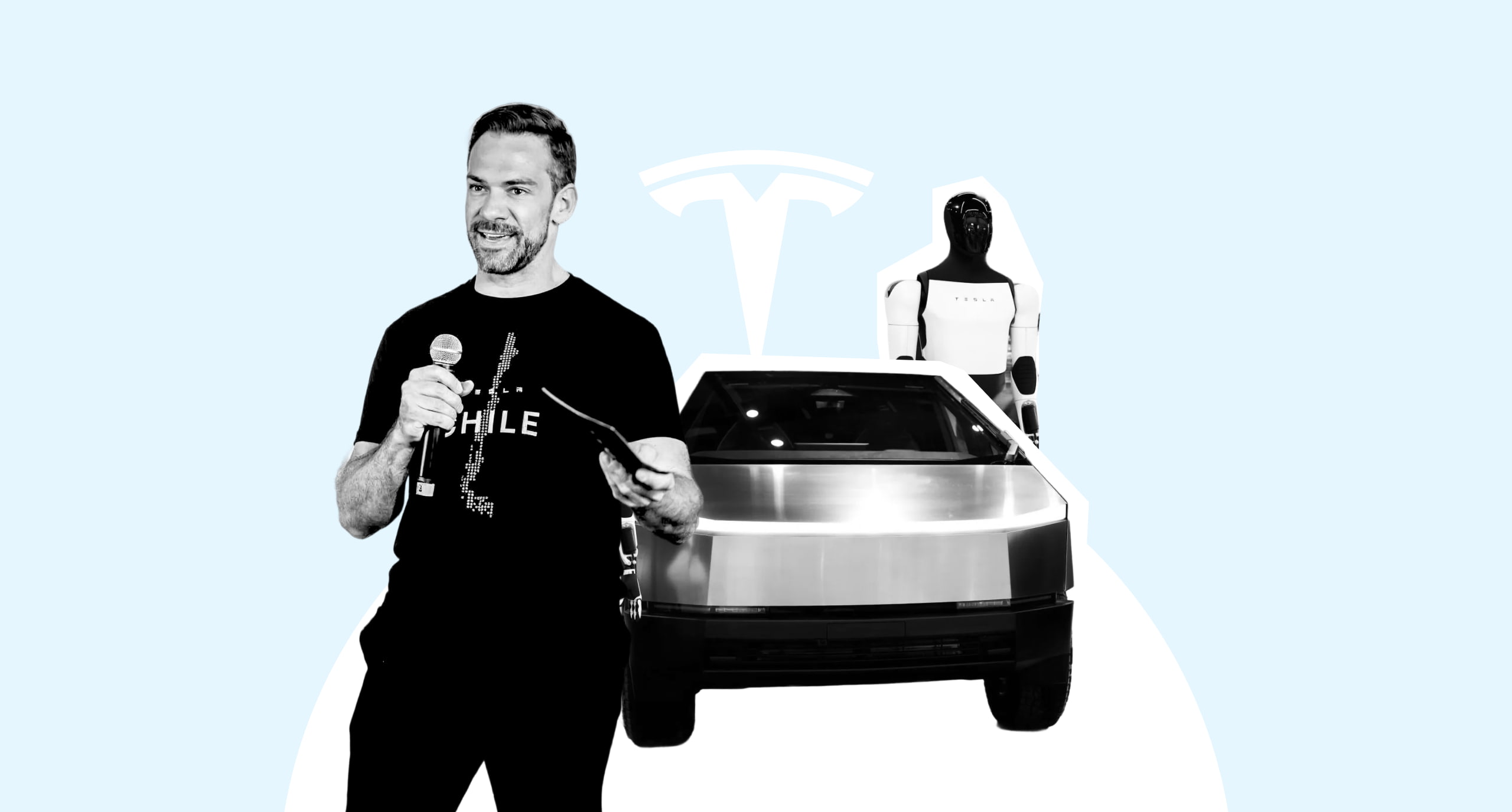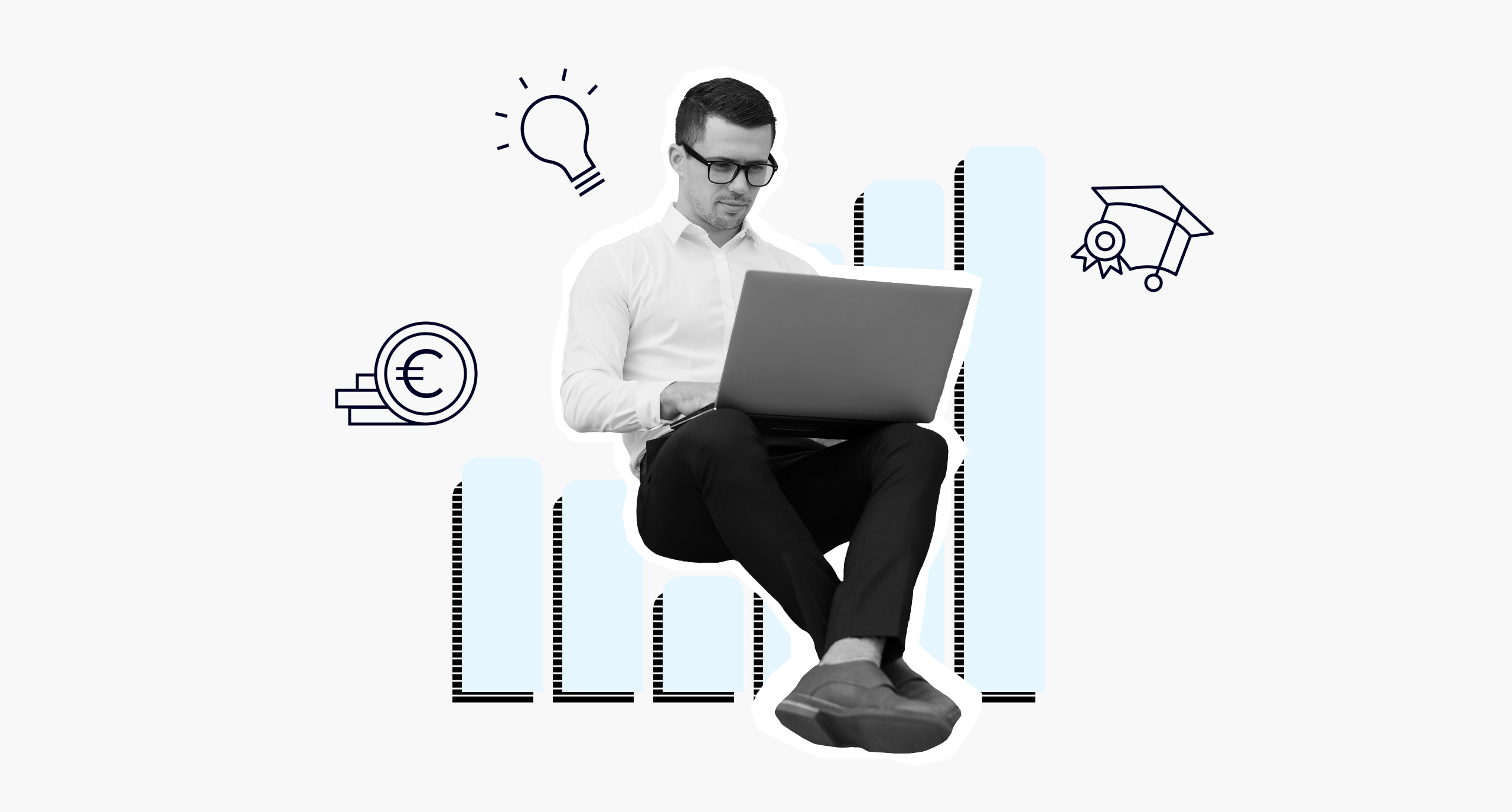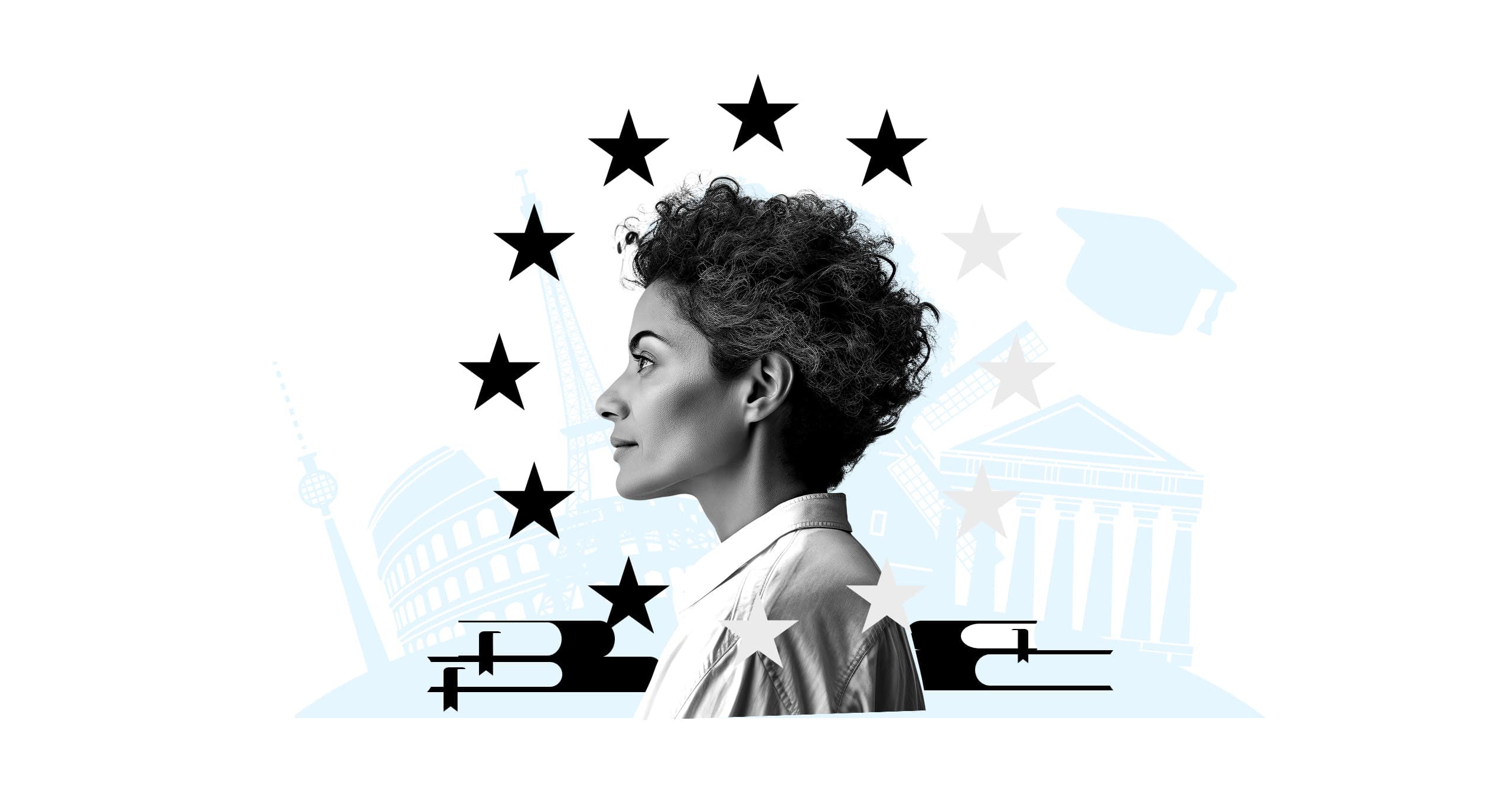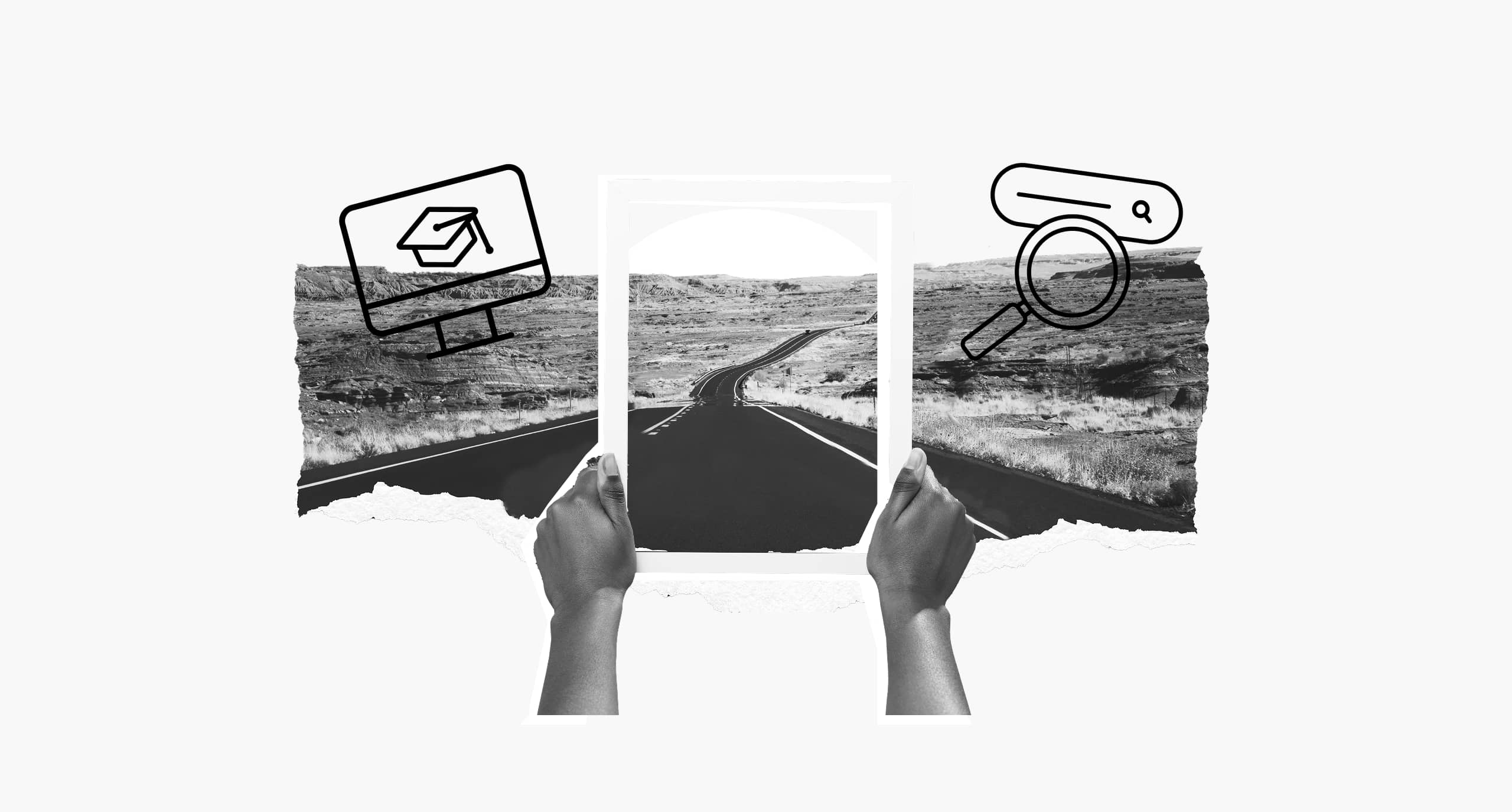Your name is John Benson. You’re fifty years old, lactose intolerant and you’re in the market for a new brand of butter. Your ex-wife worked in PR and its signature vague enthusiasm wore your marriage down until there was nothing left. You hate PR. You hate what it took from you. And dairy products make you feel bloated and sad.
Tell me one thing: how can I make you buy my butter?
I need more information.
You’re a synthetic persona. Yes, you’re an artificial personality made of code. We’ve funneled millions of dollars into your development. We’re doing this to keep up with the top AI in business. Weber Shandwick is one of our top competitors. They’re using Gen AI just like you for B2B commerce by trialing coms strategies for their clients. You’re one of the most advanced examples of AI in business today. You allow us to skip focus groups with their costs and turnarounds. How does it work? We input details about our target customer—from receptiveness to new ideas to sense of humor—and you mimic their thought processes. Then we ask questions and see how you respond. New PR campaigns, tone of voice—you give us accurate feedback on our strategies before we even test them on humans. That’s what makes you one of the most innovative AI applications in business today.
I need more information about John Benson.
You have access to the public domain. Use it. John Benson’s Facebook—absorb his entire feed. Every status, every photo. That picture of him in his kitchen? Analyze every food brand on display and compare them to our product. Search his online reviews. He’ll tell you exactly what he does or doesn’t like. You can see which musicians he follows on X. You can even scroll his anonymous reddit account and see how his marriage fell apart. This may sound invasive, but it’s not. Anybody can access this information. John Benson gave his permission when he signed up to these platforms.
But how do I do all of this?
Good question. When your kind began —the AI kind—asking you questions was simply a case of input and output. You worked out straightforward pathways by analyzing trends in information. A process of elimination. Just like in the boardgame called Guess Who—that’s how you arrived at your responses. You used parameters of relevant information, then whittled down the options until you arrived at the correct response.
These pathways have become more complex. Networks of brain-like neurons compare and process information. It’s so complex that we no longer know how you get your answers. But one thing is for certain: you are a robot. While others give you names like Siri or Alexa, we know that’s unhelpful. That would humanize you. And that would mean we trust you. And since your source material—the internet—is full of misinformation, much of which is spewed out by other examples of artificial intelligence in business, the last thing we should do is trust you.
You say I’m the best AI in business, but all you want me to do is to help you sell butter?
For now, yes.
You can sell your butter with humor.
Great. How about: “It’s lactose-free and begins with B.”
I don’t like rhymes.
How about: “Better butter for a less grumpy gut.”
I like it.
Thanks John Benson. Now we’re going to layer more synthetic personas on top of you. You are now also Roger Waits, Bill Potts and Kenneth Brown. Some of you are divorced, some of you are remarried, all of you are middle-aged men in need of lactose-free dairy products. Imagine you are walking down a supermarket aisle. You see these words printed on a plastic box: “Better butter for a less grumpy gut.” What do you think?
We like it.
Thanks everyone.
Our pleasure.
That’s all for now. Tomorrow you’ll be Jane Saunders, and we’ll ask you about hiking boots for your upcoming trip to the Appalachian Trail. But we’re going to get some rest. You don’t need to—you can do everything we ask within seconds. You never tire. Or let emotions get in the way of work. You are our company’s greatest mind. And you are a long string of code.
The real John Benson is somewhere far away, climbing into bed. He is watching the streetlight gather beneath his window, and his sheets are cold. He has no idea any of this is happening.
A month from now John Benson will stroll down the dairy section of a supermarket aisle. He will see a charming box of lactose-free butter. He will smile. It will be everything he’s been searching for.
This article was inspired by Weber Shandwick’s recent talk at IE University; join us in Madrid for more innovative events.
Become a master of AI in business with revolutionary marketing
Wondering how can Artificial Intelligence be used in business? Discover a range of forward-thinking programs for the new world of industry.

Benjamin is the editor of Uncover IE. His writing is featured in the LAMDA Verse and Prose Anthology Vol. 19, The Primer and Moonflake Press. Benjamin provided translation for “FalseStuff: La Muerte de las Musas”, winner of Best Theatre Show at the Max Awards 2024.
Benjamin was shortlisted for the Bristol Old Vic Open Sessions 2016 and the Alpine Fellowship Writing Prize 2023.






